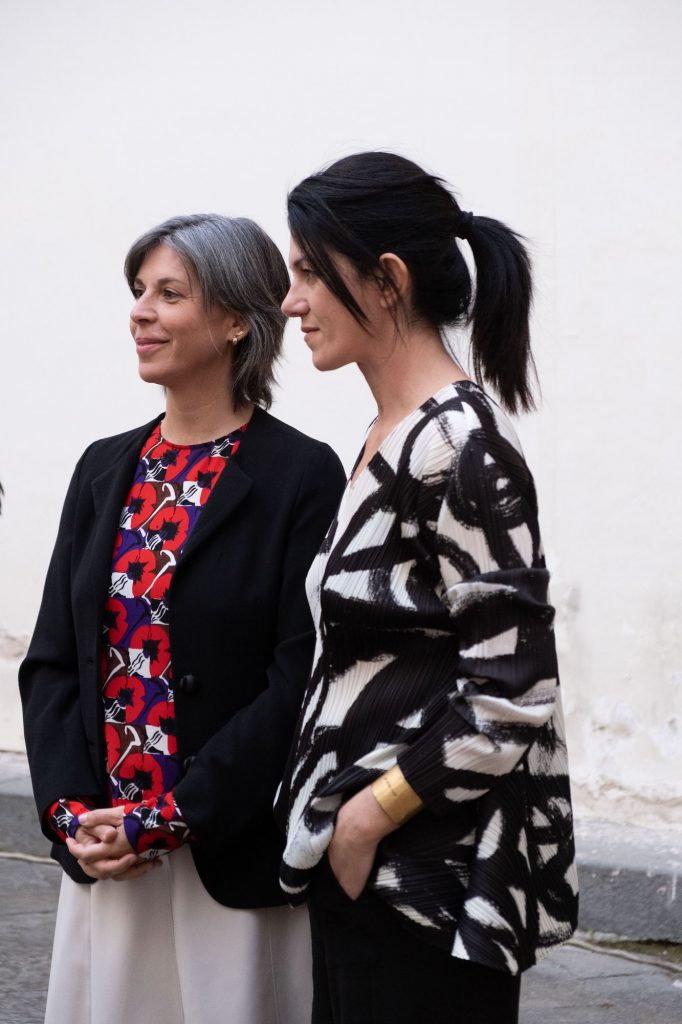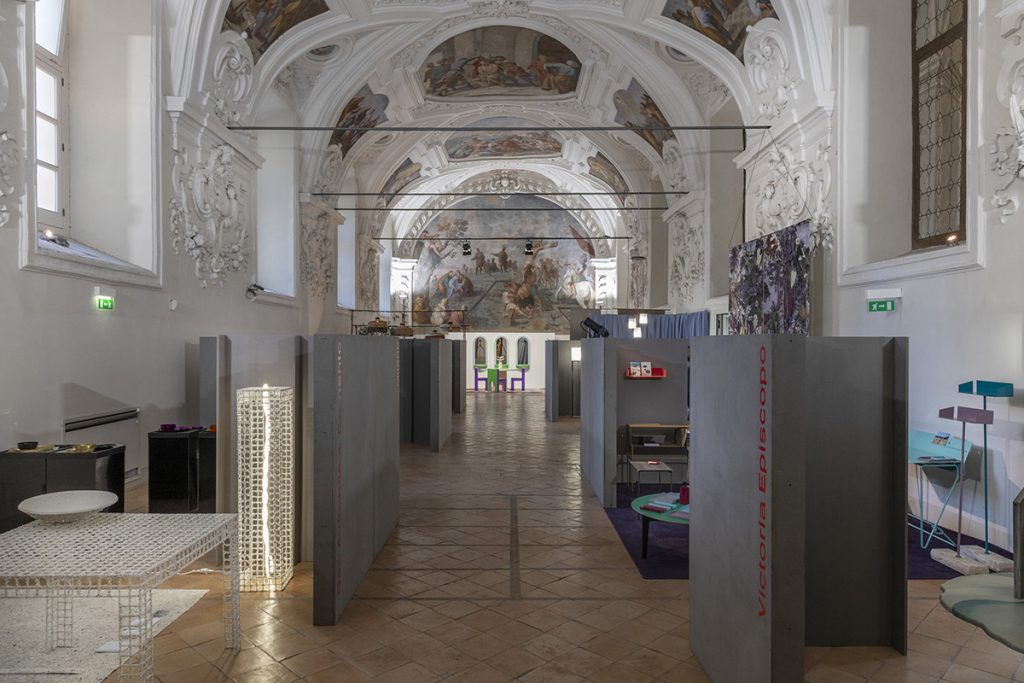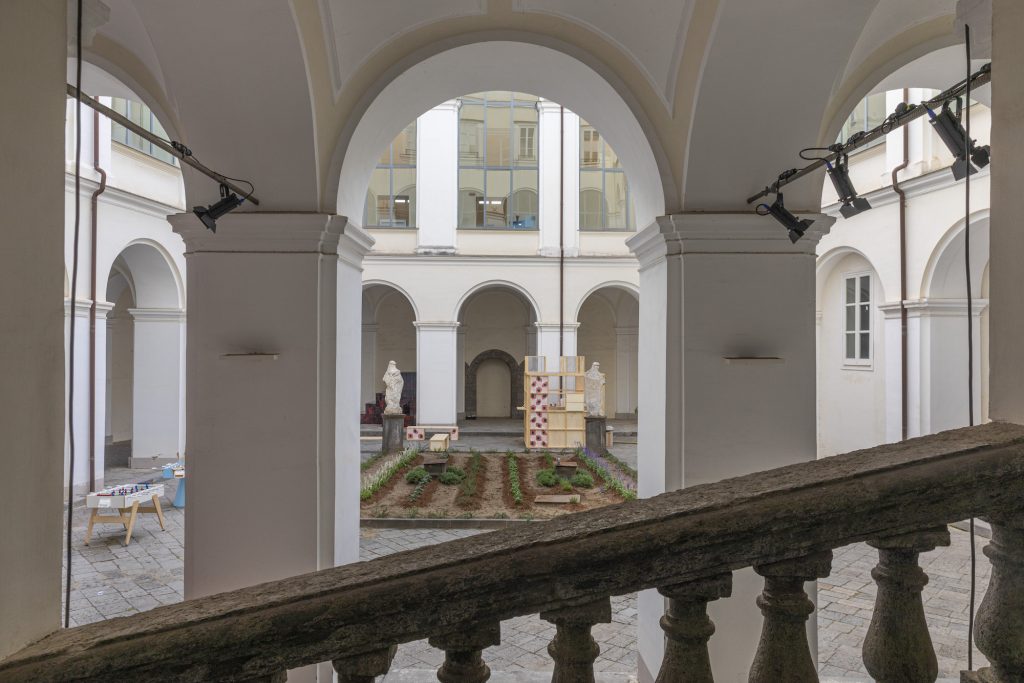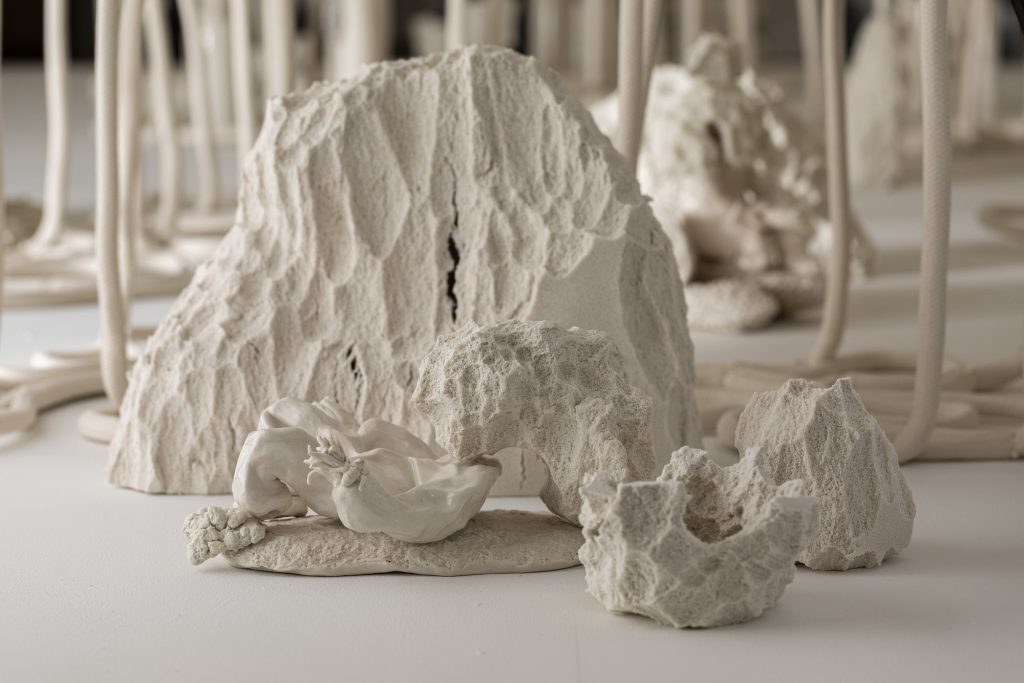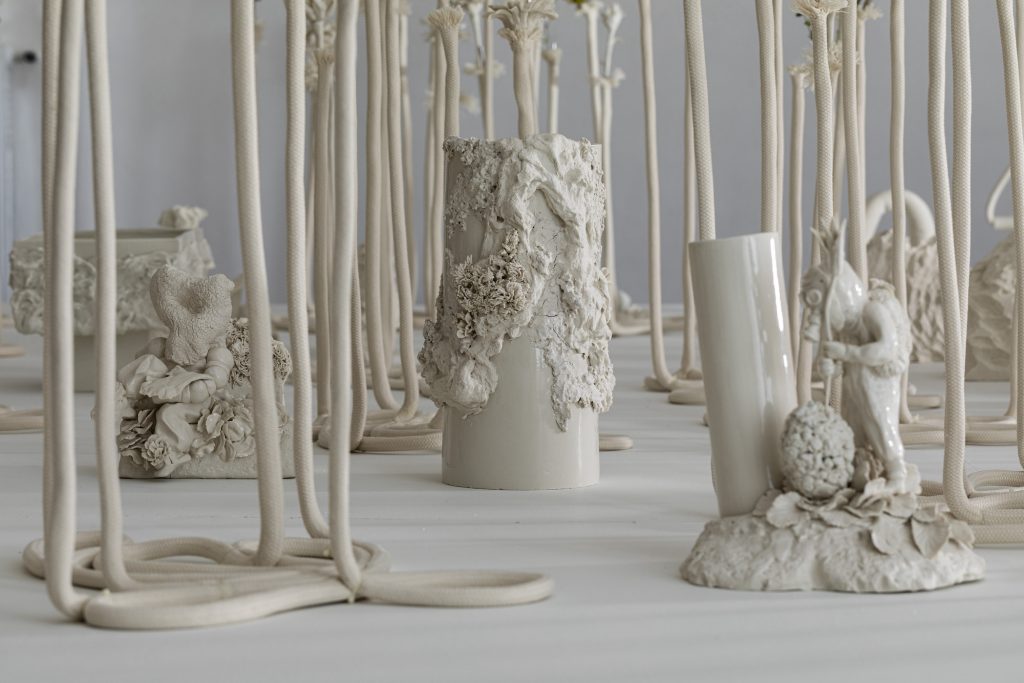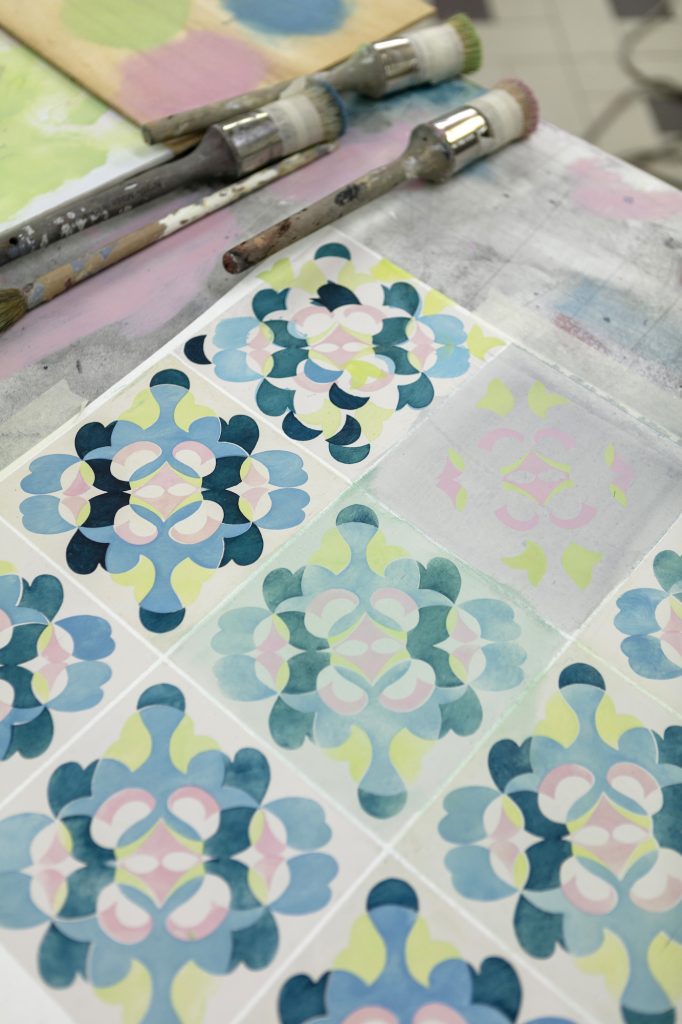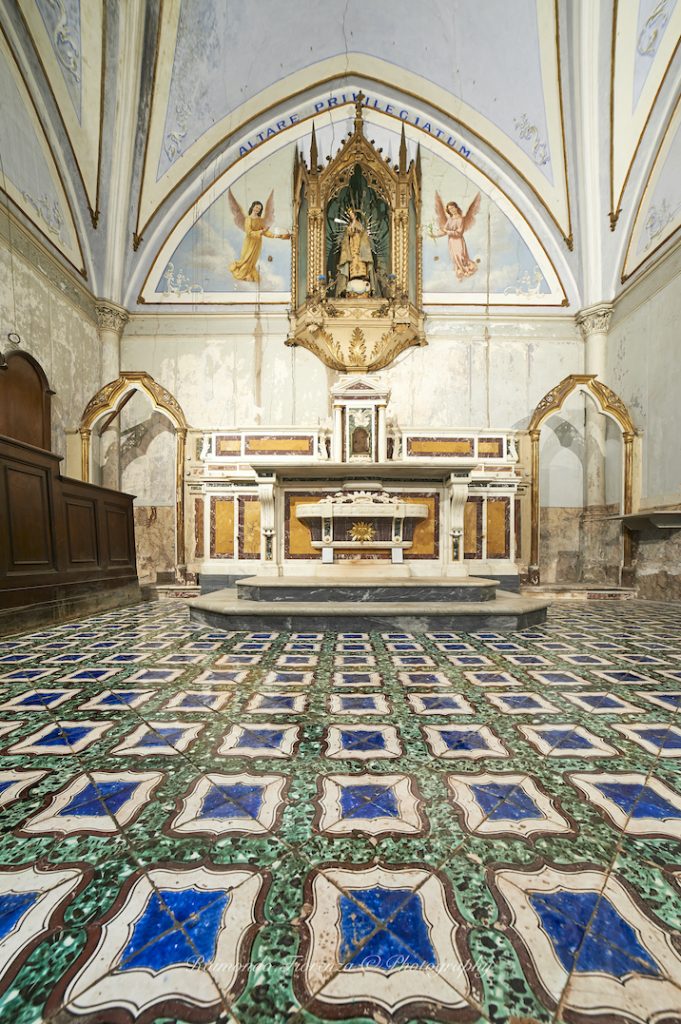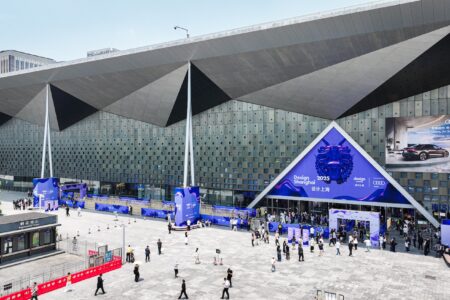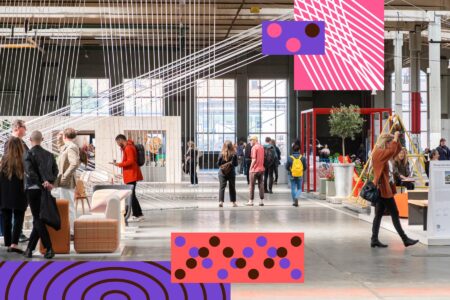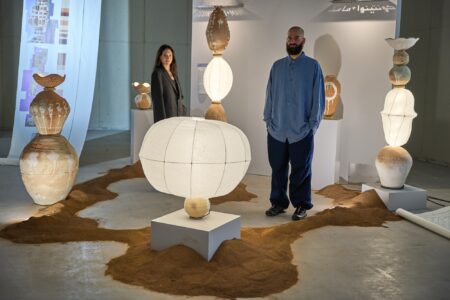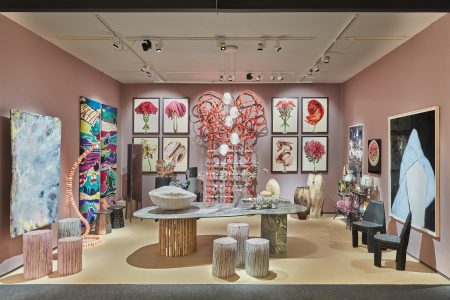
EDIT Napoli: The ‘Fair’ Design Fair
TLmag spoke with Domitilla Dardi & Emilia Petruccelli, founders of the innovative and forward-thinking design fair, EDIT Napoli, a few days before the opening of the 2022 edition.
TLmag spoke with Domitilla Dardi & Emilia Petruccelli, founders of the innovative and forward-thinking design fair EDIT Napoli a few days before the opening of the 2022 edition. In some ways, EDIT Napoli is an outlier in the design and art-fair circuit, distinguishing itself as a truly independent spirit, created for a love of design and a concerned interest in seeing the industry sustain itself in the future.
Celebrating the ‘designer-maker’ generation, EDIT Napoli fosters relationships between designers, artisans, independent producers and “enlightened manufacturers”, creating new opportunities for ‘fair’ design. The 3-day event, taking place between October 7-9, 2022 across the city of Naples includes EDIT CULT, with solo exhibitions by Allegra Hicks, Michele De Lucchi, and Piet Hein Eek, Made in Edit, which will present Hybrida, a new line of ceramics by Patricia Urquiola, who has been collaborating since 2020 with the Istituto Caselli Real Fabbrica in Capodimonte, one of the oldest porcelain manufacturers in Europe. The exhibition will be presented in their recently renovated gardens, while the main fair, in addition to its selected exhibitors, will include an area reserved for exhibitors under 30 and for firms under 3 years old, among other events and special projects.
TLmag: EDIT Napoli has created a whole new design fair market with its focus on authorial design as opposed to collectible or mass-produced. Would you talk briefly about this distinction, and this mission of ‘fair’ design? Are you seeing more support of this idea and appreciation for its realistic and innovative approach to design and production?
Emilia Petruccelli: The project was born precisely with this purpose, to give prominence and support to authorial design which – in terms of production processes, timing and impacts – certainly has a distinct role compared to the world of collectible and industrial production. For EDIT, the future of design passes through more sensitive approaches to territories, culture, tradition and the environment itself.
Domitilla Dardi: We define this kind of design as “fair,” conscious, because in respecting all these elements it manages to place itself in a position somewhere between unique pieces and industrial productions, giving rise to products that maintain a strong identity and value in their reproduction. It is a way of interpreting the production that is increasingly catching on, looking at society and its evolution, offering products that are sustainable in terms of quality, economic value and ecological impact. It is no longer the time to compulsively change furniture; we need to buy less and better, with more knowledge. And the public is also embracing this vision with us.
TLmag: EDIT Napoli puts forward the idea of having an ‘open series’ in terms of production. How is that being realized?
DD: An open series means that the product is infinitely replicable. The only limitation is the high-quality standards that this market segment requires. It is, therefore, crucial to recognize that a series made through careful studies, the use of materials of a certain type, and a mix of traditional craftsmanship and technology has different requirements. In fact, we talk about slow design, just as we talk about slow food: quality needs the right amount of time.
TLmag: In 2019, before the launch of the first EDIT Napoli, we talked about the important role that Naples and the Campania region play in the fair and how it is a fundamental part of the vision of EDIT Napoli…Are you seeing the city embrace the fair and its events, along with a longer-term contribution from the fair to the region?
E.P.: By its very nature, the city of Naples has from the very beginning shown great interest in EDIT. Its spirit as a Mediterranean city, open and welcoming, is exactly the same spirit with which EDIT Napoli addresses the public and our community of designers. The territory that has been hosting us from 2019 has become a cradle, giving rise to new partnerships and meetings, a real hotbed of creativity, with a vibe that can be felt both by the community giving life to the fair every year and by visitors. We like to think that a project like EDIT Napoli, looking into the future of design, with influences from all over the world, can start from the Mediterranean.
TLmag: How do you see the evolution of the fair, since its launch in 2019? Certainly, there have been unexpected external issues to contend with. How have these events and the currently reality of our world influenced the selection this year and the overall vision for 2022’s edition?
E.P.: As an entrepreneur, I am certainly aware that I have taken risks, but the choice to promote design focusing on short supply chain and sustainability has proven to be a winning one, especially when facing the many adversities of recent years. The fair has never stopped, despite major topical events impacting the entire world. What we would like to emphasize, this year in particular, is the strong bond that characterizes the community of creatives, insiders and enthusiasts that for the past four years has made EDIT Napoli what it is: an event that has entered the design agenda, where a serious and reliable project is carried forward with the same enthusiasm.
TLmag: The fair has developed some interesting collaborations this year, such as the exchange with VID (Venice in Design), which puts into action real issues around the landscape and urbanization, Padiglione Brera, or House of Today that supports Lebanese product designers. This is another way that EDIT distinguishes itself from any other design fair or event….
D.D.: Collaborations and partnership are one of the great strengths of EDIT Napoli. Due to that typically Mediterranean spirit of exchange and hospitality that we mentioned earlier, we believe it is essential to expand the network that has been created around the fair over the past few years. In this way, large realities also act in support of smaller ones, through projects and collateral events that make the whole event a valuable occasion for all the participants involved and create new promotion opportunities for our designers. Think for example of EDIT CULT: the program of exhibitions spread around the city where we will be able to see unreleased works by Michele De Lucchi, a retrospective of Piet Hein Eek as well as the work of Allegra Hicks. Narrating Project Culture is part of the project itself, which always goes from idea to product.
TLmag: While it’s probably difficult to choose from, is there an event or installation that you are particularly excited about seeing come to fruition this year?
E.P.: Definitely the fair in San Domenico Maggiore, but it is difficult to choose because it is the program itself, with its paradigms and peculiarities, that creates excitement and anticipation as a whole. Besides, we don’t want to spoil the surprise: EDIT should be seen rather than told!
@edit.napoli
